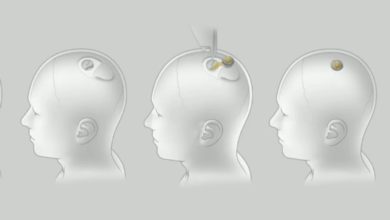MIT Researchers Successfully Design Artificial Brain Chips

A team of researchers from the Massachusetts Institute of Technology (MIT) has recently published a paper in which they have introduced a new type of chip that can simulate synapses (neural connections) in the human brain. This remarkable project has enormous implications for our understanding of computing performance and how human beings and computers may be able to communicate in the future.
MIT Researchers Successfully Design Artificial Brain Chips
The research group at MIT experimented with special devices called ‘memristors’ that are designed using silicon and silver/copper alloy. These memristors have the capability of simulating brain synapses in a way that they can save and recall data with exceptionally high accuracy. While your regular transistor will only render binary results (TRUE or FALSE), a memristor offers a whole range of values, which makes it comparable in function to a human brain.
In the research paper, the researchers affirm that their primary goal is to recreate complex artificial neural networks (ANNs) consisting of memristors. In the status quo, such ANNs use up extensive amounts of GPU computing power. However, with memristors, the research team claims that these complex neural nets can be installed in small devices as well, which include smartphones and cameras.
Primarily, what this indicates is that in the future, the application of memristors may become able to transfer supercomputer-level intelligence to your smartphone. Just imagine a person being able to process huge chunks of data for weather predictions with the help of a device that you can retrieve from your pocket.
Check out? Bill drafted in Senate: A chip to be installed in the CNIC
PTA Taxes Portal
Find PTA Taxes on All Phones on a Single Page using the PhoneWorld PTA Taxes Portal
Explore NowFollow us on Google News!


